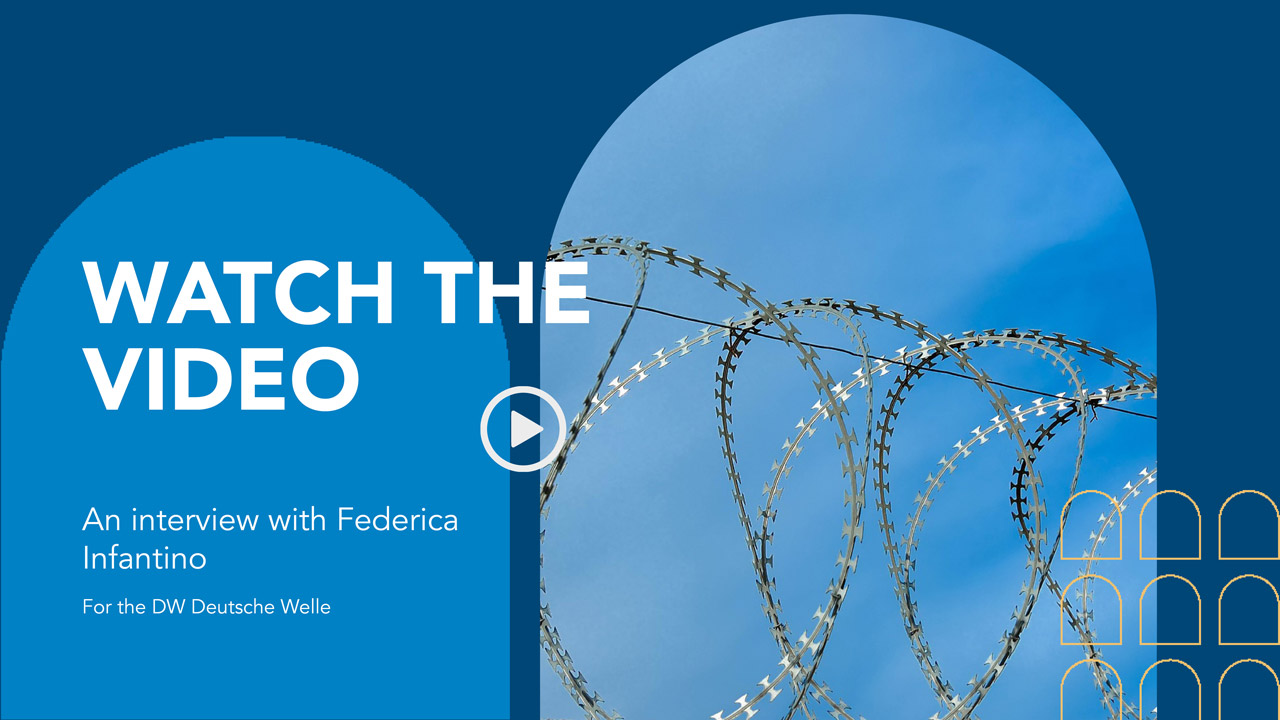More and more EU states are erecting physical barriers at the bloc’s external borders. Some governments say one of their goals is to prevent illegal migration. Where are these border walls located and what do they mean for the EU?
Federica Infantino who is Marie Sklodowska-Curie Fellow at Migration Policy Centre, shares her thoughts on the effects and effectiveness of border walls and fences at the EU’s external borders: “This includes risks for the lives, risks for the health. These clandestine journeys become more and more costly. And this actually increases the profitability of the business of helping people to cross EU borders. So it actually increases smuggling.
These kinds of measures, walls, fences have another kind of effectiveness. Probably it’s more a political one in the sense that they are extremely symbolic. They appease public anxieties. They are really symbols of state’s sovereignity.”
(Deutsche Welle (DW) is Germany’s international broadcaster and one of the most successful and relevant international media outlets. They provide journalistic content in 32 languages, giving people worldwide the opportunity to form their own opinions. Their offerings convey Germany as a liberal democracy rooted in European culture, providing a forum for German (and other) points of view on important topics, with the aim of promoting understanding and the exchange of ideas among different cultures and peoples.)
Watch on Instagram
